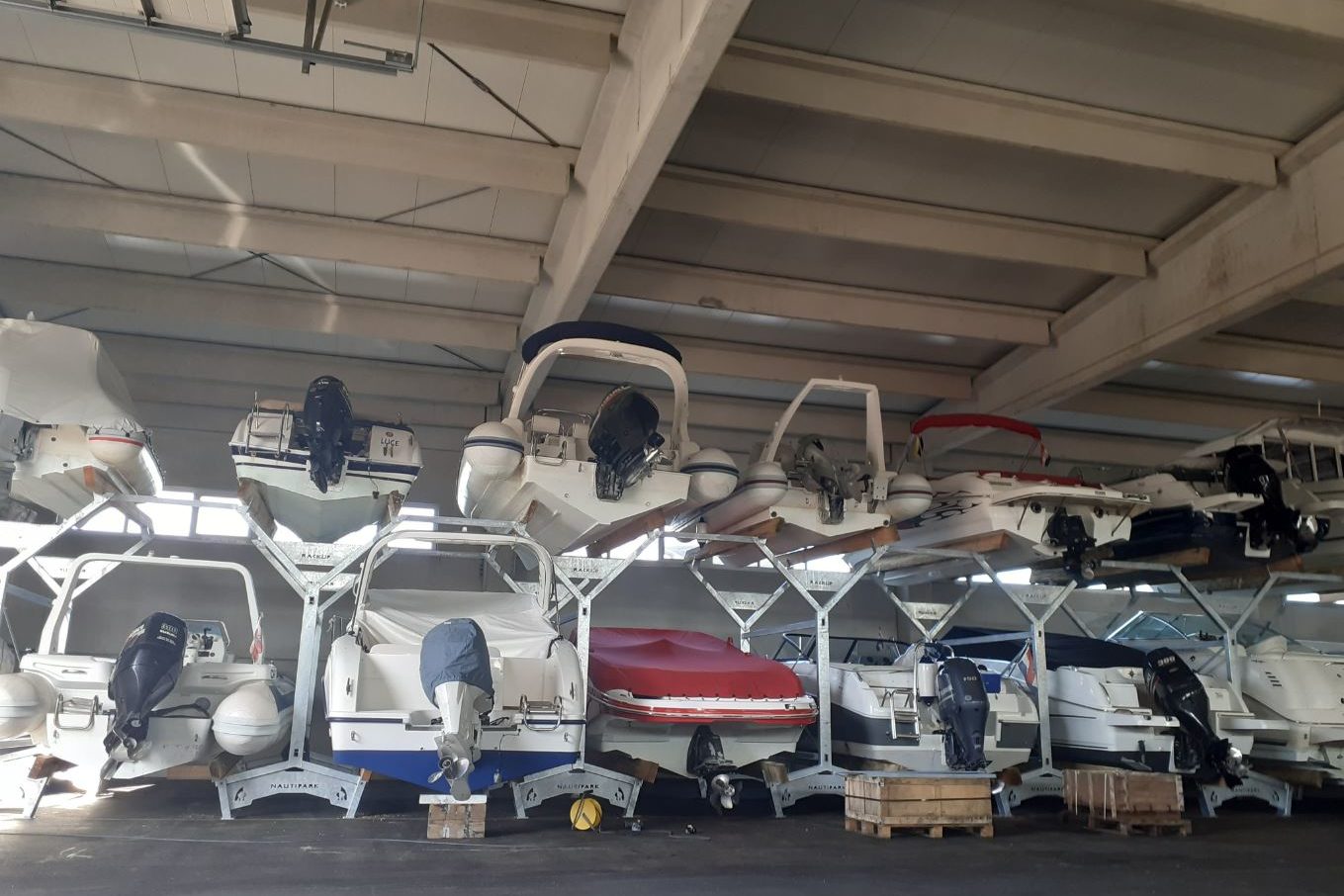You must have heard the saying, “Better safe than sorry!” All those who love boats know that they have a soul, that every (mal)practice is remembered, as they suffer silently and do not ask for anything until they simply decide that today is D-Day, and they will announce a strike without a warning. Unfortunately it happens when a person expects it at least and therefore the best cure is always prevention – regular maintenance of the vessel.
The advantage of an dry berth in winter is that there is a lower chance of damage caused by bad weather, the boats cannot gain weight due to high humidity and moisture from the sea, algae and shells have no chance of settling on the hull, because of the aforementioned you have less removal costs and your boat is faster and consumes less fuel because your vessel is lighter compared to the vessels that spend the winter in the sea. If you need to scrape off the shells, you will probably remove some of the protective antifouling coating, which will result in additional costs.
It is easier to approach a boat on a dry berth than in the sea, salt does not erode the corrosive parts of the boat, and if you are concerned about bad weather on the dry berth, you can choose between two ”treatments” – outdoor space with protective foil or the benefits of ”winter sleep” in an ideally tempered hall. In this case, there is no danger of UV radiation, humidity, wind or snow.
You may not be aware of the fact that a dry berth is better for the environment. Oils, lubricants, and lacquers are detrimental to marine organisms, and by removing shells, you also remove the antifouling that ends up in the sea.
We would definitely advise before making any changes to the ship and invest in any major investments, to get at least a few independent opinions, compare offers, call, personally check and finally decide on the best ratio available on the market. For any questions we are at your disposal. Contact us. Visit us. We will be glad to welcome you.



 Hrvatski
Hrvatski Deutsch
Deutsch